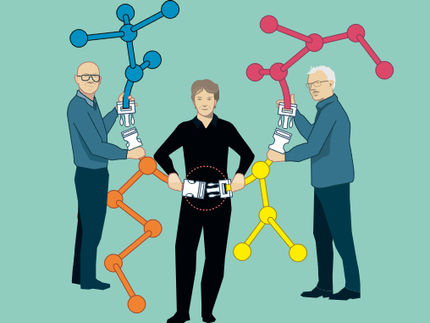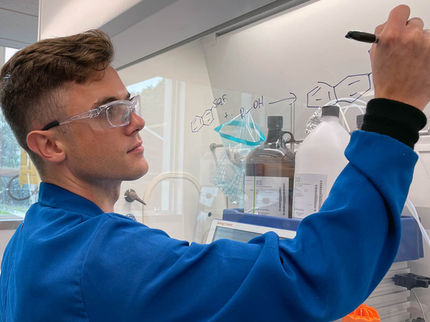A life dedicated to chemistry
The European Inventor Award for Lifetime Achievement goes to Spanish scientist Avelino Corma
Advertisement
chemistry is all around us and not just in medicine and cleaning products. Everything you hear, see, smell, taste and touch involves chemistry. The processes by which our bodies can transform food and water into energy are spurred on by catalysts. Spanish scientist Avelino Corma (Moncofa, Castellón, Spain 1951), co-founder of the Institute of Chemical Technology, a joint centre from the Universitat Politècnica de València and the Consejo Superior de Investigaciones Científicas (CSIC), has dedicated his life to developing more sustainable chemical processes and catalysts.
For his remarkable career spanning over three decades, the European Patent Office (EPO) announced that Corma is the Lifetime Achievement laureate in the 2023 European Inventor Award. The EPO will pay tribute to his work during the ceremony live-streamed from Valencia on 4 July at 12:00.
Optimising chemical reactions
Catalysts are used in chemical processes for a number of purposes, including improving the efficiency and environmental cleanliness of chemical reactions in all industries. Most of Corma’s achievements have been obtained thanks, in part, to the development of synthesised zeolites. Zeolites are crystalline materials made up of silicon, aluminium and oxygen. They act as a sponge with very small holes, which trap small molecules so a specific chemical reaction can then take place. Although some zeolites occur naturally, “shape-selective catalysts” can be created to target molecules of a particular size.
While millions of synthesised zeolite structures are theoretically possible, only about 300 have been developed to date. Approximately one-fifth of these have been developed by Corma and his colleagues at ITQ (UPV-CSIC), firmly positioning this research group, based in Valencia, as an authority.
Corma’s first synthetic zeolite was developed in 1989. It produced fuel with better mileage, lower carbon emissions in warmer weather and a better capacity to withstand compression in an engine. Since then, his synthetic catalysts have benefited industry and society immeasurably, with his work being used in biomass energy generation or removing NOx to tackle air pollution, for instance, and have had a positive impact on a wide range of industries, including refining and petrochemistry, pharmaceuticals and cosmetics. To date, Corma has nearly 200 European patent applications and more than 50 of his patents have been licensed by international companies.
A greener chemical legacy
Having grown up in Moncofa, a small agricultural town in Castellón, Spain, Corma’s talent was clear early on and he left this rural life behind to enrol at the University of Valencia. He began his studies in chemistry in 1967 and continued for over a decade, including a postdoc at Queen’s University in Canada. In 1979, he started working as a researcher at the Consejo Superior de Investigaciones Científicas (Spanish National Research Council), becoming a professor in 1987.
Corma has since led research into heterogeneous catalysis in academia and the private sector in collaboration with several companies. He worked on fundamental aspects of acid-base and redox catalysis to understand the nature of the active sites and reaction mechanisms. Based on these aspects, he developed catalysts used commercially in several industrial processes today, such as the reduction of polluting emissions from vehicles and factories, the improvement of food, water purification, oil refining processes, the production of medicines and, in general, the development of a greener chemical industry. Corma’s first zeolite was brought to market by the Spanish petrol company CEPSA (Compañía Española de Petróleos, S.A.U.) and German chemical firm Süd-Chemie AG (now Clariant) under the brand name HYSOPAR. It has since been adopted at more than 20 refineries worldwide to improve efficiency.
Among his most important milestones, Corma co-founded the Institute of Chemical Technology (ITQ, UPV-CSIC) in Valencia, Spain, in 1990 to further studies in scientific chemical research, focusing its research on four main areas: energy, sustainability, health and water. ITQ has since become an international reference centre in the areas of catalysis, new materials and photochemistry. Corma sees his work there as a legacy that he can leave behind for generations and underlined the importance of being willing to follow your instincts to make pioneering discoveries: “In this field, since it was not based on a theory that could predict what you are going to obtain, a key point was to have a good imagination, good and original ideas”.


































































